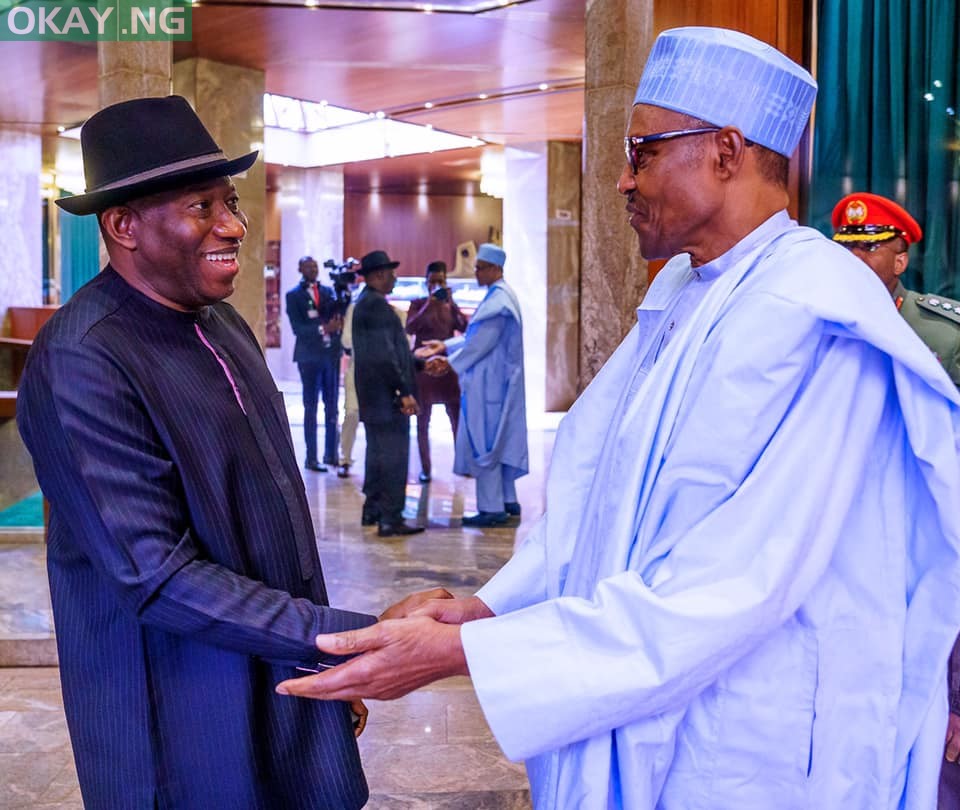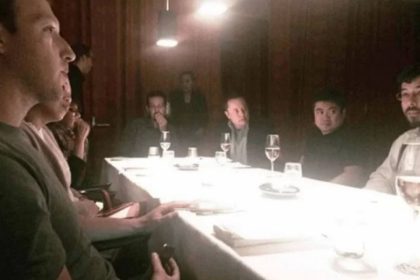Former Nigerian President, Goodluck Jonathan, has revealed that at the height of Boko Haram’s insurgency, the terrorist group once nominated Muhammadu Buhari, who later became president, as their preferred negotiator in talks with the Federal Government.
Jonathan made this disclosure on Friday at the launch of Scars, a book written by former Chief of Defence Staff, General Lucky Irabor (retd.), during a public event held in Abuja.
According to the former leader, his administration had constituted several committees to explore dialogue with the Islamist insurgents. In one of those engagements, the militants surprisingly named Buhari as the person they trusted to represent them.
Jonathan explained: “One of the committees we set up then, the Boko Haram nominated Buhari to lead their team to negotiate with the government. So I was feeling that, oh, if they nominated Buhari to represent them and have a discussion with the government committee, then when Buhari took over, it could have been an easy way to negotiate with them and they would have handed over their guns. But it was still there till today.”
He stressed that Buhari’s eventual difficulty in ending the insurgency showed that the problem was far more complex than commonly assumed.
The former president narrated that Boko Haram began around 2009, while he was vice president, and escalated significantly after he assumed office in 2010. He said his government tried different measures but could not completely suppress the menace.
He continued: “I thought that after I left, within a reasonable time, General Buhari would wipe them out. But even today, Boko Haram is still there. The issue of Boko Haram is far more complex than it is often presented.”
Jonathan also described the abduction of the Chibok schoolgirls in 2014 as a permanent scar on his presidency, emphasizing that the insurgency required a fresh approach, beyond traditional security responses.
“It is a scar I will die with. But perhaps later, more details may become known, and that too has to do with Boko Haram. What did they really want? I pray that one day, some of the Boko Haram leaders may be literate enough to document what they have done, so that people will truly understand what they wanted. It is similar to the story of the Nigerian Civil War,” he added.
The former president urged the government to consider a carrot-and-stick strategy in handling the group, noting that the level of sophisticated weapons they wielded indicated external support.
“The weapons they use, the ammunition they use, sometimes they even have more ammunition than our soldiers. Where are these guns, sophisticated weapons coming from? And you begin to see that the external hands are also involved,” he stated.
Boko Haram, which became a major security threat after the death of its founder Mohammed Yusuf in police custody in 2009, has since been responsible for bombings, abductions, and attacks across northern Nigeria.
okay.ng reports that in 2012, Buhari publicly distanced himself from attempts to link him with Boko Haram negotiations, insisting that the Jonathan government was trying to drag him into political controversies.







